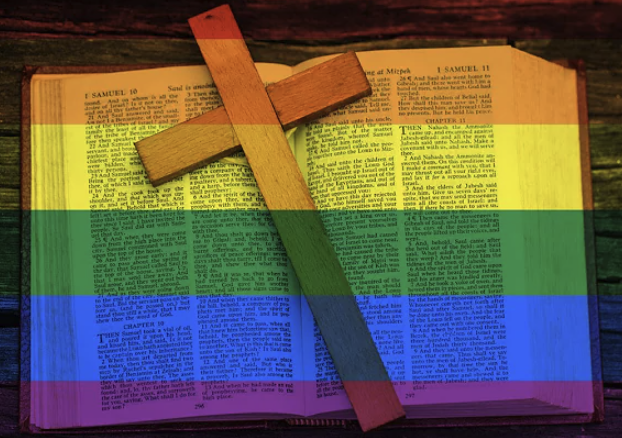Is it time for fall yet? We’re enduring yet another triple-digit day in my home state of Oklahoma, and I’m ready for cooler temperatures.
But you signed up for religion news, not a weather report, so let’s start with this: Belief in the prosperity gospel is on the rise among churchgoers, according to a Lifeway Research report by Marissa Postell Sullivan.
Meanwhile, yet another Roman Catholic diocese in California has filed for bankruptcy, the Washington Post’s Paulina Villegas reports.
“The San Francisco Archdiocese is the third Bay Area diocese to file for bankruptcy after facing hundreds of lawsuits brought under a California law approved in 2019 that allowed decades-old claims to be filed by Dec. 31, 2022,” The Associated Press’ Olga R. Rodriguez notes.
At Christianity Today, Kate Shellnutt explains how the Christian Standard Bible has found its place in a crowded evangelical market.
This is our weekly roundup of the top headlines and best reads in the world of faith. Our big story concerns Monday’s 60th anniversary of the Aug. 28, 1963, March on Washington.
What To Know: The Big Story
Evolution of activism: “The March on Washington of 1963 is remembered most for the Rev. Martin Luther King Jr.'s “I Have a Dream” speech — and thus as a crowning moment for the long-term civil rights activism of what is sometimes referred to as the ‘Black Church.’”
That’s the lede from The Associated Press’ David Crary, who adds important context:
At the march, King indeed represented numerous other Black clergy who were his colleagues in the Southern Christian Leadership Conference. But the march was the product of sustained activism by a broader coalition. Black and white labor leaders, as well as white clergy, played pivotal roles over many months ahead of the event.
Moreover, the Black Church was not monolithic then — nor is it now.










